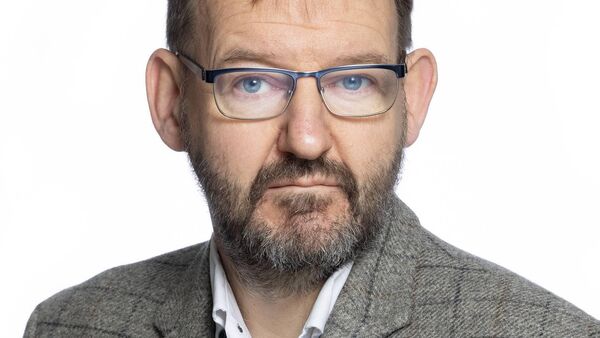CRISPR-Cas9 for human therapeutic gene editing

On Wednesday 9th March 2022, Dr Patrick Harrison (Head of the Cystic Fibrosis Gene Editing group, Department of Physiology, UCC), was invited to Leinster House to give evidence on the use of CRISPR-Cas9 as therapeutic tool to study and treat genetic disorders.
For the past three decades, the conventional approach towards developing a life-long treatment for these diseases has been gene therapy to add a corrected copy of the defective DNA. To date, only two such gene therapies have been approved. Can CRISPR-Cas9 help us delve into the genome, find those mutations, and permanently correct or edit them?
Yes, but consider the magnitude of the problem. It’s not as simple as editing a PhD thesis containing a million letters or bits of information. Our genome contains three billion bits of information, the equivalent of 3,000 theses, which if stacked on their side would be twice the height of the Elysian tower. Typically, the mutation we need to edit, is just one letter in those 3,000 volumes. And all that information is in the DNA in the nucleus of a cell that you can’t see without a microscope.
So, quite a challenge, but with CRISPR-Cas9, a programmable, RNA-guided, DNA endonuclease, it’s possible to do exactly that and repair disease-causing mutations. Dr Harrison’s lab have used CRISPR to correct a number of CF-causing mutations in isolated patient cells, and other labs have used CRISPR strategies to correct mutations in many other rare disease model systems. Moreover, the first ethically-approved clinical trials of CRISPR reported positive results for a handful of patients for a rare liver disease last summer. Whilst more research is required, the future for people affected by Cystic Fibrosis and many other rare diseases has a brighter outlook because of CRISPR.
See link below for Dr Harrison's address:
Physiology Department
Fiseolaíocht
Contact us
Western Gateway Building Western Road University College Cork
